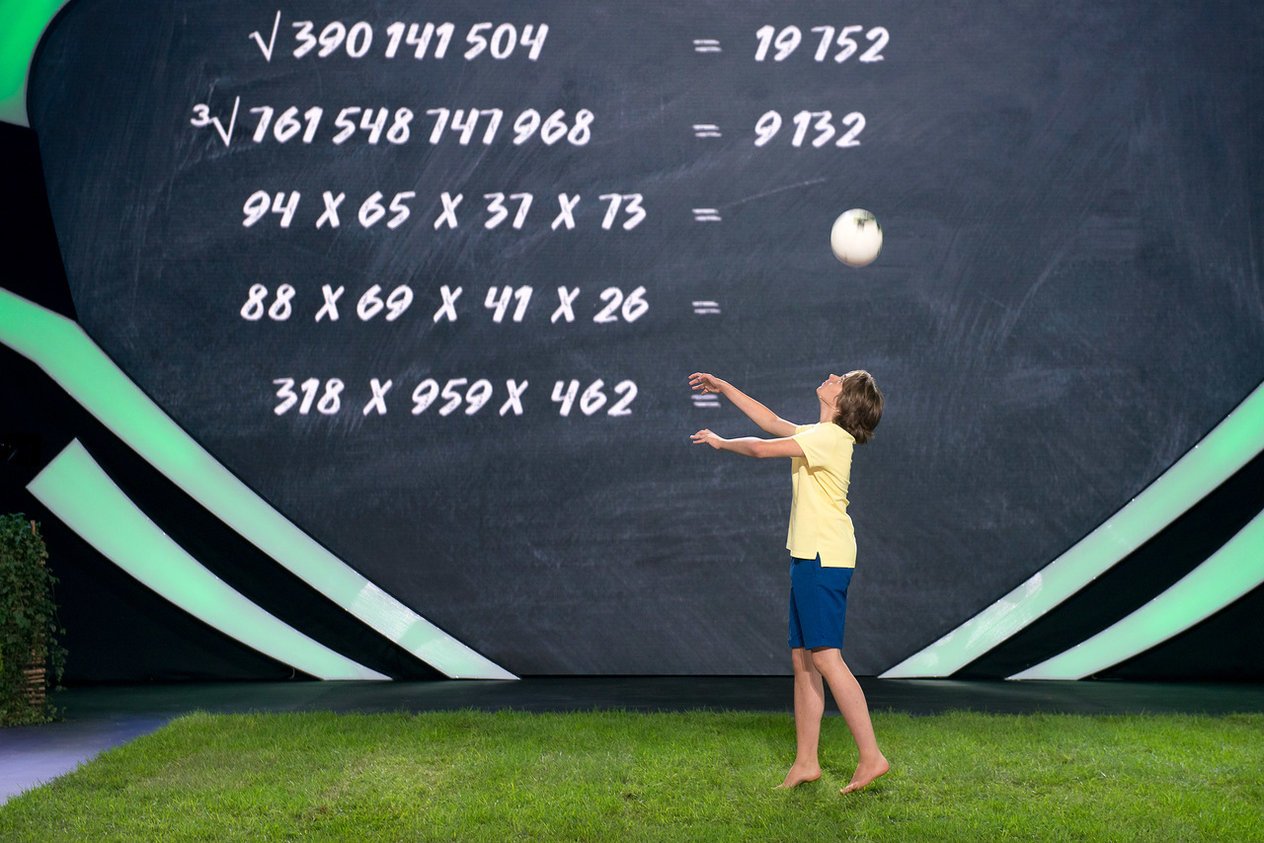
Japanese Soroban
In Japan, dedication, technique, brilliance, and a long history of the appreciation of mental arithmetic, combine to produce extraordinary results.
The leaders of mental arithmetic.
Traditionally, soroban education begins at a young age. Several thousand soroban classrooms populate Japan. Students at these schools learn from skilled instructors, train rigorously, and perfect the use of this powerful device. The results are staggering.
Video from
The Training.
“Infant classes” is the translation often provided by Google. While babies doing complex calculations is —- unfortunately —- not the case, Japanese students begin their mental arithmetic training very early, when their brain is still rapidly developing. This early dedication to learning soroban changes how the brain approaches and conceptualizes quantitatve information. Continual training over time improves brain processing speed, focus, and memory.
No shortcuts. No secrets. Start young, learn the proper approach, and work hard.
Below are links to the national federation and Soroban School USA —- the academy of Takuya Yatani and Rinne Tsujikubo, among many other strong competitors.
The Competitions.
In Japan, regular contests provide incentives and encouragement to the hard-working students. Some soroban organizations and related associations periodically host competitions for a certain subset of competitors. Major competitions include:
-The Abacus Master Championship, a head-to-head competition feature the top competitors for the title of “Meijin”;
-The Christmas Cup —-a prestiguous “high participation” competition;
-The All Japan Abacus Championship —- the highest participation event;
-Abacus Grand Prix; and
-Abacus Circuit, a monthly “remote” competition where a large number of competitors take a standard “rating test” and full results are publicized.
Video from
Video from
The Results.
6x5 digit multiplication in less than 3 seconds.
10 by 5 digit division in 1.5 seconds.
Addition/subtraction 5 seconds per 100 digits.
Adding fifteen 3 digit numbers in 1.61 seconds.
These are just a few of the incredible performances in Japan.
That we know of. That we could find video to substantiate.
And hundreds of competitors whose scores are impressive.
Please see the Japanese rating soroban simulator to learn more.
The Stars.
Hiroaki Tsuchiya —- the Legend. Reigned “Meijin” at the Abacus Masters Championship for 20 years.
Takuya Yatani —- the master. Officially, the “Meijin,” having won the most recent Abacus Masters Championship. Between May and September 2024, Takuya Yatani won the F0 challenge 4 of 5 times. He has finished 1st (twice) or 2nd (thrice) in F1 all five times.
Rinne Tsujikubo —- the prodigy. Rinne was rapidly doing 3x3 and 4x4 multiplication questions at the age of 5, and is now a top competitor, finishing runner-up at the Abacus Masters Championship.
Rikako Miyamoto —- Flash Anzan record holder and consistent top performer. Rikako Miyamoto handed Takuya Yatani his only losses in the Abacus Circuit between May and September 2024, winning F0 once and F1 three times.
Video from
“Let arithmetic be the first of our subjects of education,” said Plato. How did the Western World move so far away from this instruction? Largely innumerate societies and educators recommending policies that move further and further away from the lessons of those who are succeeding.
“Numbers are the highest degree of knowledge. It is knowledge itself” said Plato.
Unfortunately, in the West, knowledge of numbers has been replaced with “discussion” and memorization. Until that changes, the results regularly achieved in Japan will be entirely beyond reach.
Would it be more helpful to you to be skilled at addition and multiplication or geometry and pre-calculus? What do you think is more relevant to the average person?
— Sam


